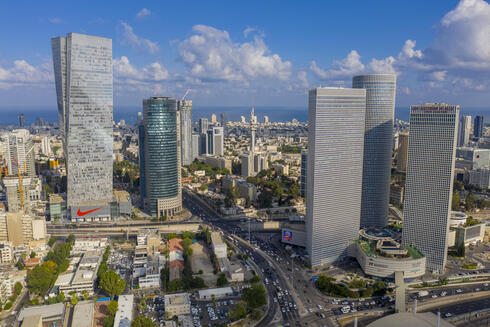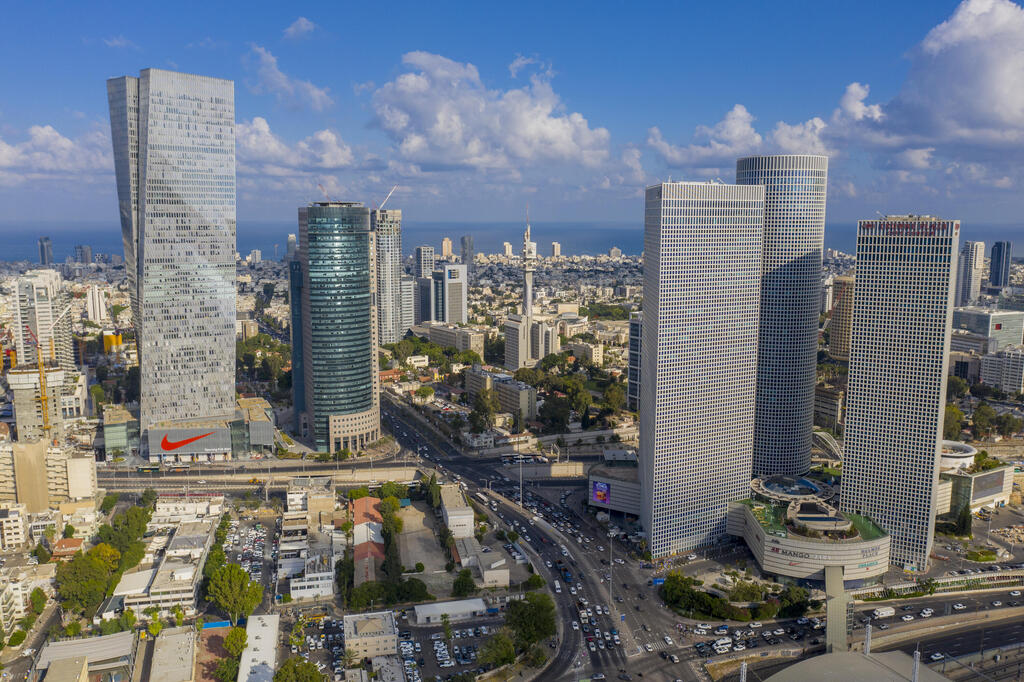
Acquisitions and IPOs of Israeli startups fall by 56% in 2023 to $7.5 billion
The number of transactions hit a decade low of 45, with their financial scope being the lowest in the last five years
2023 witnessed a significant 56% drop in acquisitions and public offerings of Israeli companies, with the total volume amounting to only $7.5 billion, according to the “exit report” released on Wednesday by the accounting firm PwC Israel. This marks a stark contrast to the historic high of $82 billion recorded by Israeli companies in 2021.
The number of transactions hit a decade low of 45, with their financial scope being the lowest in the last five years. The saving grace was the cyber industry, responsible for half of the transactions. Out of 45 acquisitions and IPOs in the past year, 19 belonged to the cyber field, totaling $3.8 billion.
In 2022, the number of transactions by Israeli companies was 72. The average transaction size this year was also 29% lower than 2022, falling to $167 million. PwC's methodology tracks follow-on transactions, such as the IPO of Mobileye at the end of 2022, which was public in the past before being bought by Intel, or Imperva, sold again this year by the investment fund Thomas Bravo to the European security giant Thales. The report encompasses all transactions exceeding $10 million.
A significant part of the reduced figures is attributed to the almost complete absence of IPOs by Israeli technology companies. Notably, the largest IPO was completed by Oddity Tech, the parent company of the makeup brand IL Makiage, with a value of $1.9 billion on Wall Street in July. This remains the only transaction exceeding a billion dollars. In 2022, two transactions surpassed this threshold, and in 2021, there were 21 such cases, primarily IPOs on Nasdaq. In total, three Israeli companies were issued this year, with a total value of $2.5 billion, including another notable IPO by the shipping technology company Freightos, valued at half a billion dollars.
The total value of acquisitions of Israeli high-tech companies amounted to $5 billion this year, a 20% drop compared to 2022. The cyber field dominated the sales landscape almost completely, constituting nearly 100% of exits valued at over $200 million. It is noteworthy that a significant part of the transactions in the cyber field have a "blue and white" connection. The largest transaction was the sale of Perimeter 81 to Check Point for half a billion dollars, and two other notable transactions were the sale of Dig Security and Talon Cyber Security to Palo Alto. A total of 11 blue and white transactions were registered this year, accounting for 24% of the total activity, with 60% of the purchasers being American companies. In this segment, all major sales were also in cyber, with HP acquiring Axis for $410 million, CrowdStrike buying Bionic for $350 million, and Cisco acquiring Lightspin for $225 million.
Yaron Weizenbluth, Partner, Head of Assurance and High-Tech cluster in PwC Israel, expressed concern over the prolonged crisis, stating, "Even as a staunch optimist, I'm worried because we have a crisis within a crisis within a crisis." Weitzenblit notes that the crisis began in the first quarter of 2022 due to global events, and since then, Israel has experienced eight quarters of crisis, exacerbated by internal political reasons even before the outbreak of the war. "In the world, there is already an expectation of clarity, of lowering interest rates, and there are already quite a few preparations for IPOs. In Israel, we have begun to see a recovery in activity, but the main thing we are seeing is small transactions. We actually recognize a desire of foreign funds to come to Israel, but unlike in the past there are not enough new companies to invest in simply because not enough companies were opened in the last year. We need the atmosphere in Israel to change and there will be a mood and a desire to establish new companies, because the world believes in us."















